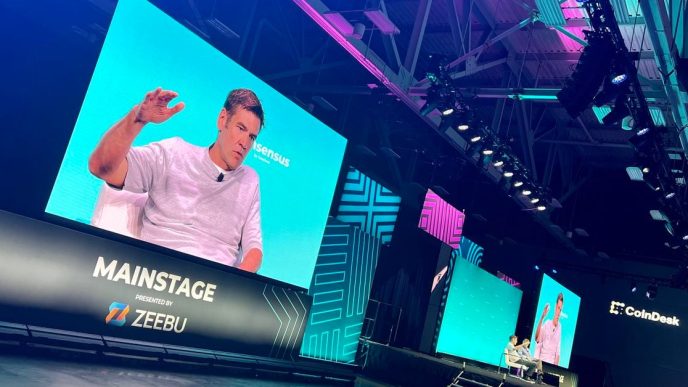lots of confusion/misinformation about the north korean LSM on the hub.
let me, the south korean, clarify things a bit
let’s dig in 👇
what’s the vulnerability?
aib says a lot of things, but the only key thing that really matters is the claim is that LSM provides the ability… pic.twitter.com/KjhhLejOCY
— josh lee (@dogemos) October 16, 2024
Daily Debrief Newsletter
Start every day with the top news stories right now, plus original features, a podcast, videos and more.
Source link
Adrian Zmudzinski
https://decrypt.co/286539/developers-linked-to-north-korea-helped-develop-cosmos-staking-module-says-co-founder
2024-10-16 15:46:03














